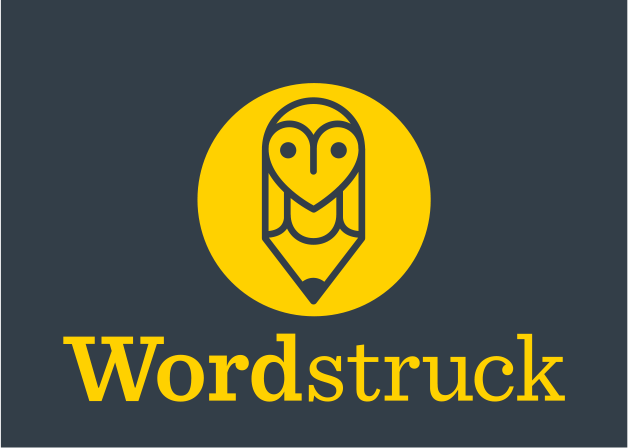We know the drill. A meeting starts with the presenter taking charge and facilitating bullet-point discussions from powerpoint slides. Or worse, reading directly from the slides that are crammed with too much text and numbers.
Inwardly, there’s a collective groan. A slow death-by-powerpoint.
Amazon takes a different approach. In the 2018 Annual Shareholders report, Jeff Bezos, founder and CEO, admitted they’d scrapped the use of powerpoints during meetings. As he puts it, ‘We write narratively structured six-page memos. We silently read one at the beginning of each meeting in a kind of study hall.’
Imagine the scene, the execs are sitting quietly, as if about to start an exam. No-one talks. Kinda defies belief.
Here’s why.
- Narrative memos help focus the mind.Participants in meetings are usually distracted by their long to-do list. Often, they bring issues with them as they take a seat. Yet, when they start to read the memo, they shift their attention to the common agenda at hand.
- Everyone starts on the same page. Bullet-points tend to lead to diverse interpretations. As a result, arguments can dominate meetings instead of a collective goal.
- Narrative strategies stick. Neuroscientists show how the human brain is wired for stories. In our everyday life, we recall and retain events and information because of the stories we hear. This is mirrored in the narrative memo approach. It allows the audience to remember the strategies that management wants its people to remember.
Of course, careful thought needs to go into these narratives.
As Jeff Bezo says, ‘Great memos are written and rewritten, shared with colleagues who are asked to improve the work, set aside for a couple of days, and then edited again with a fresh mind. They simply can’t be done in a day or two.’
So, when you wonder why nothing happens after your next meeting, why not give it a try? Start small. You don’t need to scribe 6 pages. Try with one narrative page, find the person in your team who enjoys writing and using language. There’s always one. Then introduce it – once a fortnight perhaps – as a pilot and see if you get better results.
Given that Amazon is one of the most successful companies on the planet, there’s likely to be some wisdom behind the approach!
Thoughts?

